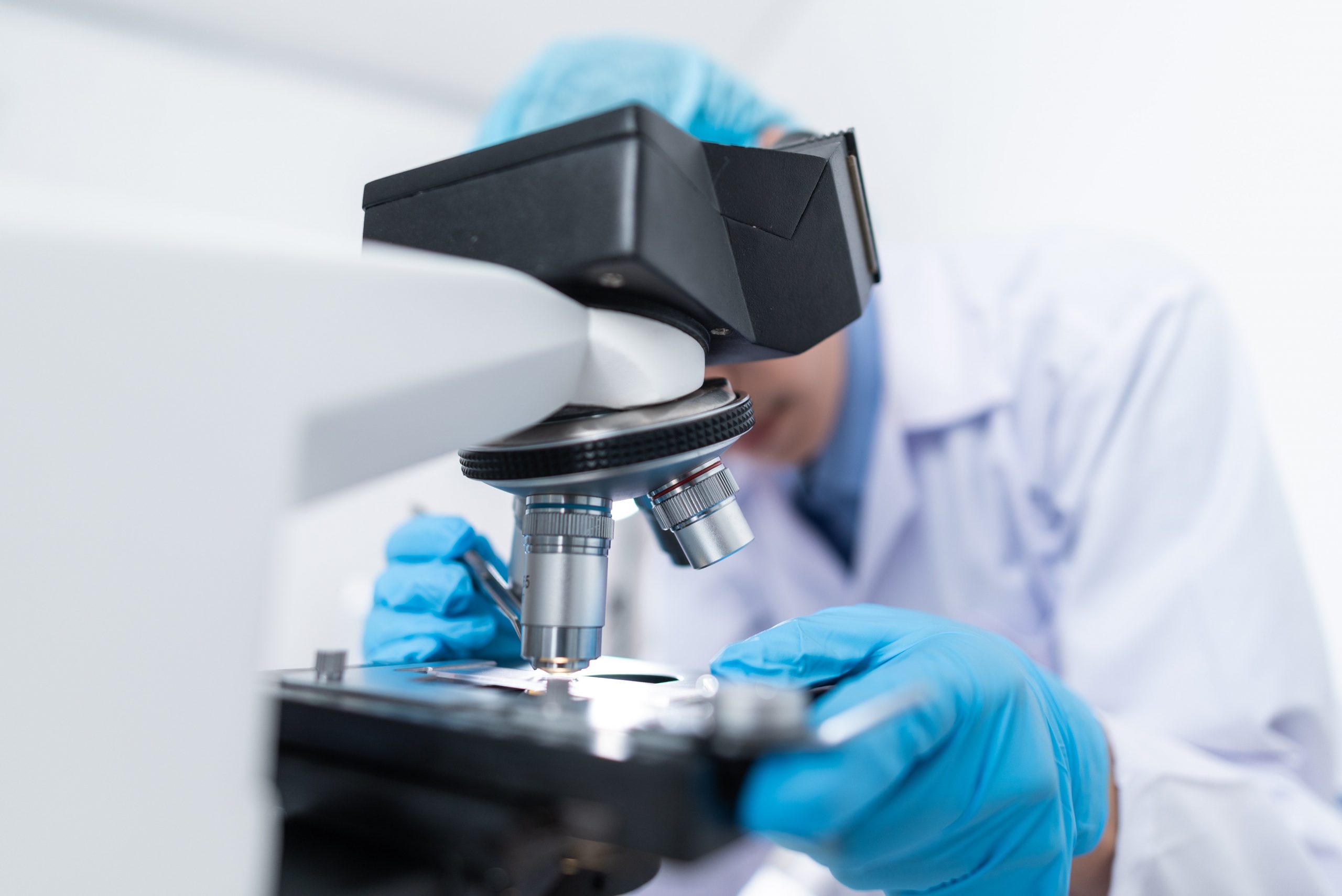Biobanks provide access to a large pool of high-quality human samples and associated data, helping scientific research.
Qatar has stepped up efforts for better medical research to treat specific diseases as well as to understand the human body, as authorities announcing the launch of the Tissue Biobank Service.
Hamad Medical Corporation (HMC), represented by the Department of Laboratory Medicine and Pathology (DLMP), launched the first phase of the service in Qatar in cooperation with Qatar BioBank (QBB).
Human biological samples are gathered, preserved, and distributed by tissue banks for scientific study. Doctors take extra tissue or bodily fluids from patients, if agreed, for research purposes during an operation, biopsy, or blood test.
Three things are involved in tissue bank activities: (a) sample and data collection; (b) storage and data management and (c) re-disclosure of tissues.
By analysing tissue samples, researchers can better understand how diseases develop and progress, allowing them to can find potential targets for new treatments, including for heart diseases and cancer. It enables researchers to study diseases and health conditions at the cellular and molecular levels.
By doing so, scientists hope to offer fresh perspectives on the genetic basis of disease, ultimately resulting in a more individualised approach to healthcare.
“The implications of this feat are numerous and substantive as more than 300,000 diverse surgical pathology samples from 2008 and up to date will be at the disposal of the researchers,” Dr. Einas Al Kuwari, Chairperson of Department of Laboratory Medicine and Pathology at HMC, said.
“This will inevitably lead to further advancement in medicine and in the delivery of services to our valued patients. It is so inspiring to see how this will now enable researchers to access vast numbers of tissue samples in a smooth and robust manner to what is tailored to the needs of the services and the patients.”
While teams are preparing the infrastructure for Phase II to store fresh tissue material, which will further enhance the pool of samples available in the tissue biobank and therefore enhance research potential, paraffin-embedded tissue material will be available for researchers in Phase I.
Tissue biobanking, according to Dr. Nahla Afifi, Director of Qatar BioBank, advances medical research and enhances patient care.
“By providing researchers with access to high-quality tissue samples, tissue biobanks like this one can support the development of new therapies and diagnostic tests that can benefit patients,” Dr. Afifi said.
“Enabling researchers to study human tissue samples directly can provide more accurate and relevant results. Through collaborations on important projects like the Tissue Biobank, we are building capacity in medical research in Qatar which will lead to new insights and advances.”
To begin the application process, HMC stated that all researchers interested in tissue samples are advised to get in touch with Qatar Biobank by sending their questions to: [email protected].
Tissue availability will be confirmed and the application will be approved by the Department of Laboratory Medicine and Pathology at HMC before these are added to the research proposal.
Researchers will then need to submit their applications on the ABHATH website and request all necessary approvals from the MRC, HMC IRB, and other organisations.







